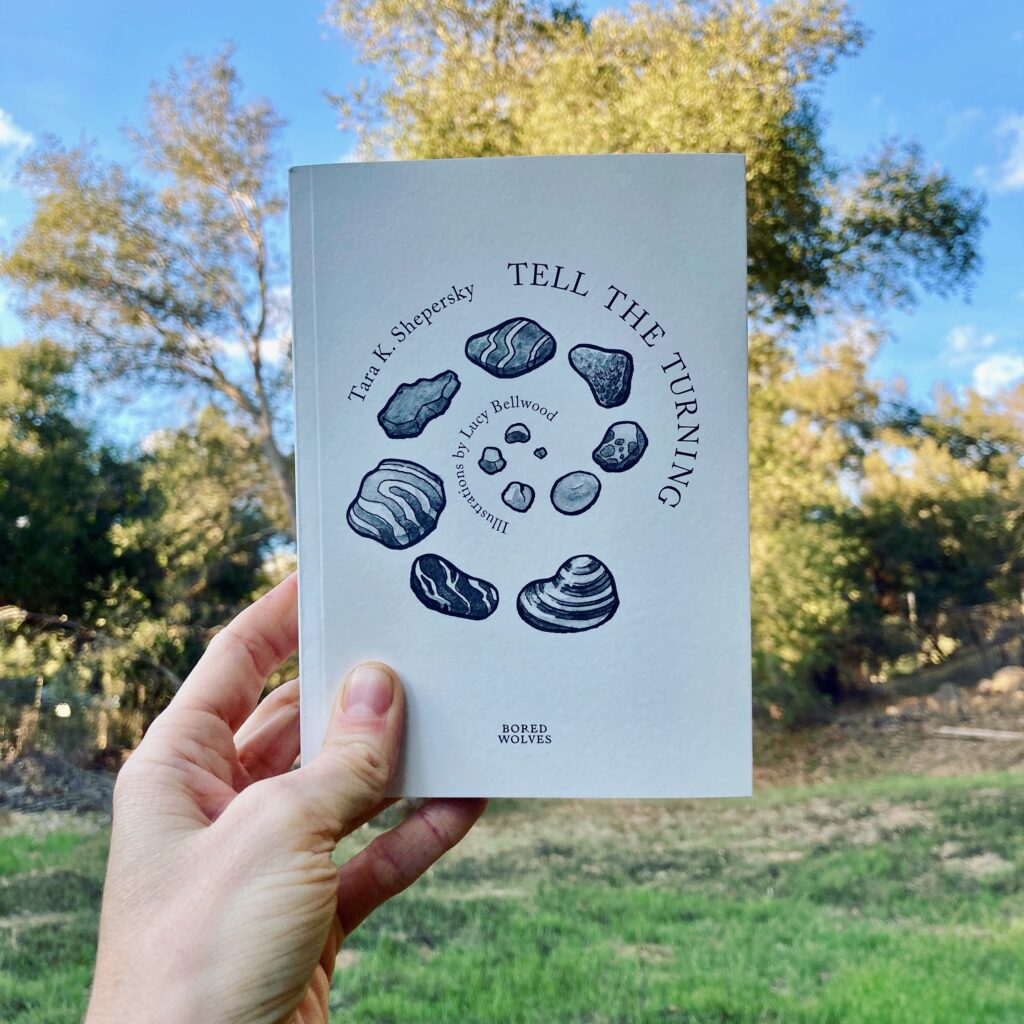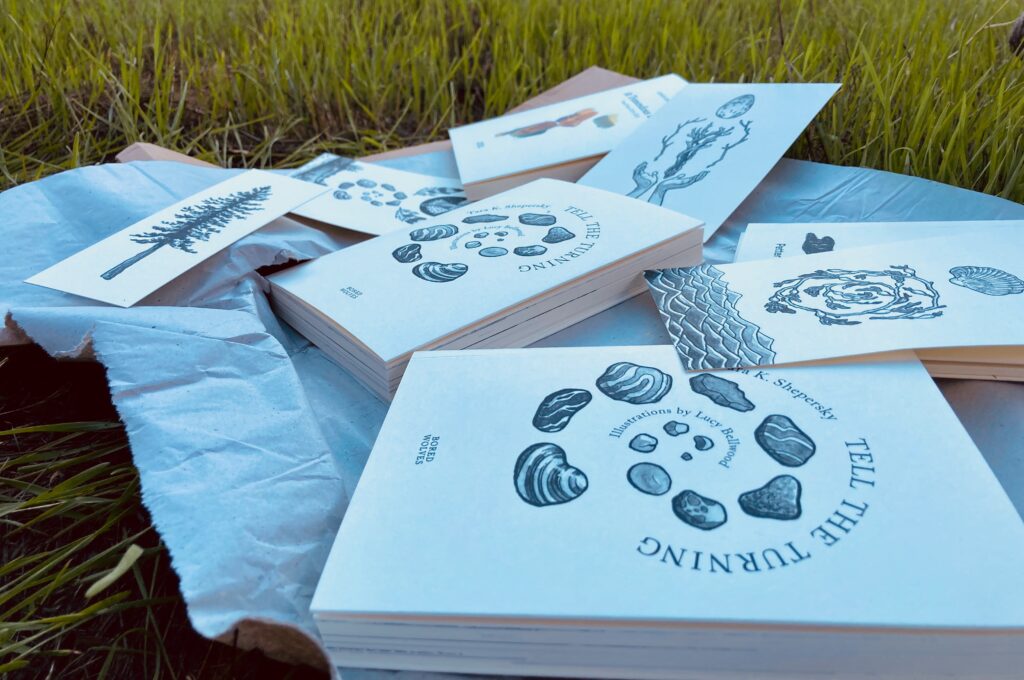I sent a couple tweets into the aether yesterday after not putting anything out on Twitter for about a month. Maybe it was because I’d just worked out and endorphins were careening through my central nervous system and my blood sugar was about to crash, but when I hit the button and sent them off my pulse went through the roof. My palms were sweating. It felt like I was having a panic response to something I used to do three, five, ten times a day.
I caught myself wondering: What is wrong with me?
☆
By and large, I’ve been blessed with a kind, curious audience in the decade I’ve spent on Twitter. There’s about 10,800 people following me these days and I still feel like most of my interactions with them are positive.
I realize this makes me an outlier—especially as a woman.
I’ve never had a tweet go monstrously viral, never been dog-piled by a group of bad actors, never been the target of death threats or widespread abuse. Sometimes I wonder if this is because I am not doing anything truly important with my life, because it seems as if all the people I know who have suffered these indignities are engaged in vital work. If I’m not a target, I must not be taking any risks. If I’m not taking any risks, I must not be making a difference.
(Is this toxic martyrdom? Or just a truth about the world we live in? I’m still not sure. I’m certain there are plenty of people who engage in important change-making quietly, behind the scenes, but I’m still questioning the balance in my own life.)
☆
Over the past month, I’ve only heard about Twitter secondhand, and everything I’ve heard has been negative. I’m not reminded of the occasional jokes or moments of connection with friends around the globe. Instead I hear about having one’s attention hijacked by traumatic media. I hear about the misunderstandings, the feuds, and the constant, deafening noise of millions of people clamoring to be heard. It makes me wonder what I have been doing, generating a feed of thoughts there. Am I truly attempting to provide some kind of service? Or am I feeding tokens into a machine in order to keep a tiny, arbitrary bubble of numbers going up?
☆
I’d only logged on because I wanted to respond to a friend’s request for help promoting her latest project. I love helping my friends, and I try to use whatever weird, relatively minimal clout I’ve amassed online for good, but I also felt strangely resistant. I realized I’d cultivated a perverse sense of pride in seeing the days stack up since my last tweet—like I’d be given a challenge coin for every month I stayed clean.
“It’s just one tweet,” my brain reasoned. “It’s not like you’re going back to using the site all day.” But the fact is: I don’t know how to use Twitter by half measures. I need enough time away to get my brain to release its desperate, grasping attachment to all that activity, to the pressure to keep up and stay in the loop.
Thinking about these questions always brings me back to my friend doreen dodgen-magee and her very good book Deviced. She writes:
What happens when we offload our regulation to internet-enabled devices is, basically, a bait and switch. We need soothing, but we substitute stimulation. We need to get calm and centered; instead we gather more data, input, and dazzling digital experiences. This leaves us dependent on stimulation to distract us and make us think we are actually being soothed. On the contrary, being soothed results in calming and working through the feelings related to dysregulation. When we substitute simple distraction and stimulation for this developed ability, we end up amplifying the dysregulation we are already experiencing and rob ourselves of practice in the important work of bringing ourselves back to a regulated state.
☆
Feeling that panic response tear through my body after so many weeks of calm scared me. It made me realize I’d been engaging in an ecosystem that hadn’t wounded me directly, but still came paired with a constant threat of attack. On a platform of that scale and volatility, every passing thought carries within it the potential for mass distribution, misunderstanding, and destruction.
This isn’t what I want in a channel of communion.
☆
My palms don’t sweat when I write things for Patreon. My pulse doesn’t climb when I record a Ramble. I don’t want to crawl out of my own skin when I blog.
In these quieter spaces, sharing doesn’t come attached to the instinctual certainty that I’ve just kicked a furious ball of snakes.
As Michael Harris writes:
Beyond the sharing, the commenting, the constant thumbs-upping, beyond all that distracting gilt, there are stranger things waiting to be loved.
What stranger things am I loving now?

